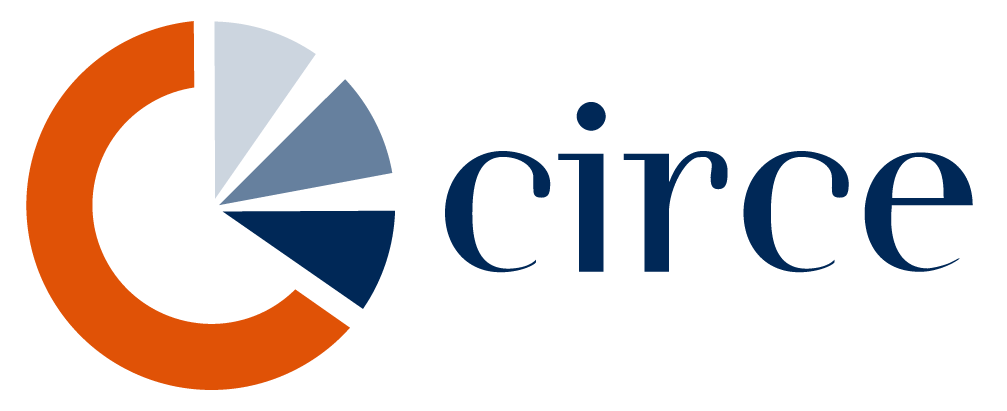 CIRCE has played a central role in developing and scaling up technologies that make industrial decarbonisation possible
CIRCE has played a central role in developing and scaling up technologies that make industrial decarbonisation possible
The Joint Programme on Energy Efficiency in Industrial Processes (JP EEIP) within EERA has long been strengthened by the active participation of core member CIRCE. Based in Spain, CIRCE has played a central role in developing and scaling up technologies that make industrial decarbonisation not only possible but practical, demonstrating a sustained commitment to bridging science and industry.
Since the launch of JP EEIP, CIRCE has been instrumental in shaping its direction and priorities. With expertise spanning artificial intelligence, simulation tools, process electrification, green hydrogen, and energy storage, the institute continues to contribute to the programme’s efforts to make energy efficiency a pillar of European industry’s transformation.
From electrification to AI: CIRCE’s comprehensive approach to decarbonisation
At the core of CIRCE’s activity is the development of technologies and processes aimed at improving energy efficiency in energy-intensive industries. Their applied research includes the use of AI and simulation to reduce energy consumption and optimise industrial operations. In parallel, CIRCE has advanced technologies for process electrification, ranging from conventional methods to microwave and induction heating, and supports the industrial-scale deployment of decarbonisation technologies such as green hydrogen and both thermal and electrical storage.
One flagship example is the recently concluded Horizon 2020 RETROFEED project (2019–2023), which introduced a smart retrofitting framework for process industries operating with variable, bio-based, and circular feedstocks. The project’s decision support system, which integrated computational fluid dynamics models developed by research centres, was successfully tested in operational industrial environments. Outcomes included high-efficiency heat exchangers, advanced delacquering systems for aluminium, multifunctional flexible burners for the steel industry, and circular phosphorus reactors, each contributing to significant gains in energy and resource efficiency, as well as GHG emissions reductions.
“These types of projects allow us to push the boundaries of what’s possible in decarbonising complex industrial processes,” says Paola Mazzucchelli, Brussels Delegate at CIRCE. “Here, we believe that technological innovation must go hand in hand with real-world demonstration.”
A key contributor to European R&I and JP collaboration
Beyond its technological expertise, CIRCE plays a key strategic role in connecting JP EEIP to broader European research and innovation frameworks. As a Board member of the Horizon Europe Process4Planet Partnership and coordinator or partner in over 70 ongoing projects -20 of which they lead- CIRCE helps the Joint Programme to remain closely aligned with European funding opportunities and industrial priorities.
One notable initiative is the eLITHE project (Electrification of ceramic industries’ high temperature heating equipment), launched in 2023 and running through 2027. Coordinated by CIRCE and involving several JP EEIP partners, the project exemplifies the type of cross-member cooperation that CIRCE is actively fostering within the programme.
“Our institution has always viewed the Joint Programme as a unique platform where researchers and academics can pool knowledge and develop successful EU proposals,” adds Mazzucchelli. “This collective intelligence and cooperation are the factors that make JP EEIP so valuable.”
Looking ahead: supporting the Clean Industrial Deal
For 2025, CIRCE’s main ambition is to deepen cooperation within JP EEIP to develop competitive proposals for upcoming Horizon Europe calls, particularly those aligned with the Clean Industrial Deal. The institute sees the Joint Programme’s multi-disciplinary expertise as a key asset in responding to these funding opportunities with high-impact solutions.
An essential path forward for Europe’s industry
CIRCE is clear about the stakes: advancing energy efficiency in industrial processes is essential not only for achieving Europe’s sustainability targets but also for safeguarding the competitiveness of its industry, especially in hard-to-abate sectors.
“In the current political landscape, with the Clean Industrial Deal now adopted, energy efficiency research has become even more strategic,” Mazzucchelli concludes. “We must ensure that innovation continues to support a just and effective transition.”
As CIRCE continues to drive innovation and collaboration within JP EEIP, its work stands as a powerful example of how research institutions can lead the way in Europe’s journey toward climate neutrality, while ensuring industry remains resilient and competitive.